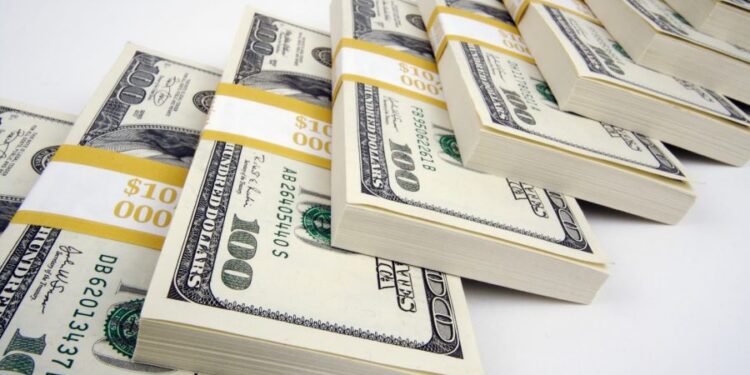Some financial experts have commended the Federal Government for raising Nigeria’s external reserves to 41 billion dollars, the highest in nearly four years.
They also stressed the need to channel more efforts toward easing the economic hardship facing citizens.
The experts gave the commendation in separate interviews with the News Agency of Nigeria (NAN) in Lagos on Wednesday.
They described the development as a positive signal for investor confidence, but warned that stronger reserves would mean little if inflation and poverty remained unchecked.
Prof. Sherifdeen Tella of the Department of Economics, Babcock University, Ogun State, said the increase in foreign reserves reflected a stronger outlook for Nigeria’s economy.
“The country boosting its reserves means greater import cover and more confidence from both Foreign Direct Investors (FDIs) and portfolio investors,” Tella said.
He, however, urged the government not to be carried away by the numbers, stressing that food inflation, driven largely by agricultural challenges, continued to weigh heavily on ordinary Nigerians.
Similarly, Mr Chris Nemedia, a former Director at the Central Bank of Nigeria (CBN), said building reserves was vital for protecting the local currency and strengthening Nigeria’s position with international development partners.
“It is important because reserves serve as a buffer to reduce the need for excessive foreign borrowing,” Nemedia said.
“However, beyond this, government must put in more effort in reducing inflation which is steadily eroding the purchasing power of citizens.”
Also commenting, Mr Boniface Okezie, President of the Progressive Shareholders Association of Nigeria, said the robust reserves could help restore investor confidence.
According to him, the increased reserves will assure foreign investors of easy repatriation of funds and enabling government to meet obligations to international creditors.
“We cannot be celebrating rising reserves when the impact is yet to be felt by the people.
“A large number of Nigerians are still in abject poverty due to the cost-of-living crisis. Government must focus on welfare and improving livelihoods,”Okezie said.
NAN reports that Nigeria’s foreign exchange reserves rose to 41 billion dollars on Aug. 19, the highest level since Dec. 3, 2021.
Figures from the CBN show that the country has enjoyed steady external accretion in recent weeks, largely due to improved oil receipts and tighter monetary policies aimed at stabilising the Naira.
Nigeria’s reserves, which had dropped below 34 billion dollars in 2023 amid foreign exchange shortages and heavy debt servicing, have now rebounded.
This offers the government a stronger buffer for imports, debt repayment, and currency stability.
























